Table of Contents
Introduction: What Is Rib?
When people search for "rib" in cooking, they often encounter confusion. Contrary to some misconceptions, rib is not a spice but a structural part of animals or plants. In culinary contexts, rib typically refers to:
- Meat cuts from the rib section of animals like pigs, cows, or lambs (e.g., pork ribs, beef ribs)
- Plant structures, such as the central vein or stalk of vegetables like celery or lettuce (though this usage is less common)
This guide clarifies what rib truly means in cooking and provides practical information for selecting, storing, and preparing rib cuts—whether for meat dishes or understanding plant anatomy in the kitchen.
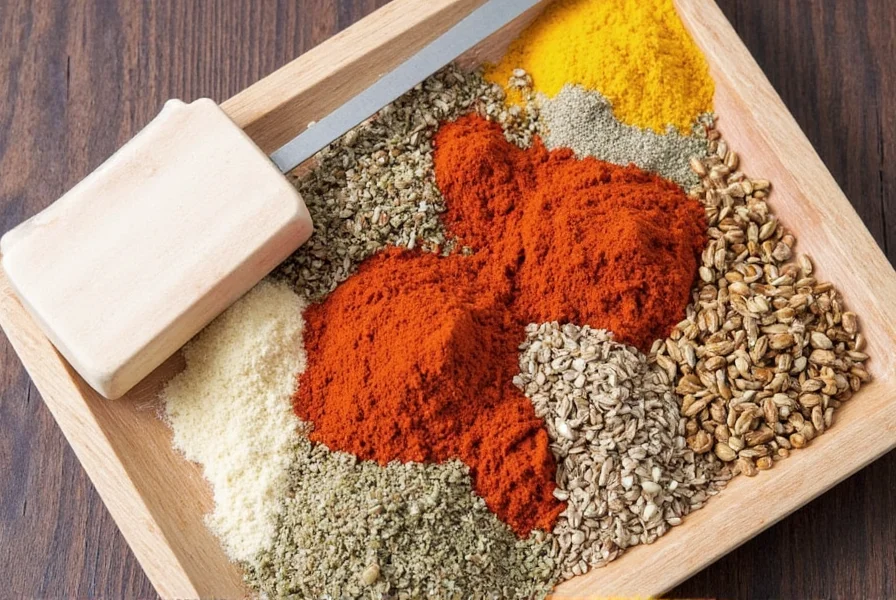
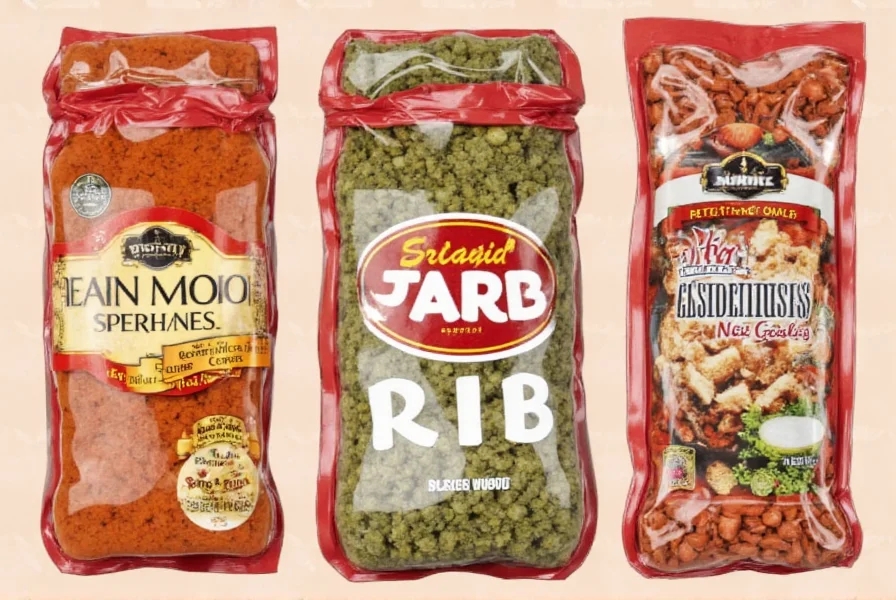
Types of Meat Ribs
Meat ribs vary by animal source and cut. Understanding these differences helps you choose the right ribs for your dish.
| Type | Characteristics | Best Cooking Methods | Common Dishes |
|---|---|---|---|
| Pork Baby Back Ribs | Small, tender, lean; from the top of the rib cage near the spine | Grilling, smoking, baking | BBQ ribs, ribs with sauce |
| Pork Spare Ribs | Larger, meatier, higher fat content; from the belly area | Slow roasting, braising | Chinese-style ribs, braised dishes |
| Beef Short Ribs | Bone-in, rich marbling, intense flavor | Braising, slow cooking | Osso buco, Korean galbi |
| Lamb Ribs | Tender, delicate flavor, smaller size | Grilling, roasting | Middle Eastern kebabs, herb-crusted ribs |
Consumer preferences show clear regional and methodological patterns. According to National Pork Board market analysis, baby back ribs dominate U.S. retail sales (62% share) due to their grill-friendly profile, while spare ribs see 3x higher demand in Southern barbecue regions for slow-smoking applications. Beef short ribs have experienced 28% annual growth since 2018, primarily driven by Korean galbi's global popularity.
Source: National Pork Board, "Why Pork Ribs Are a Summer Staple", July 2021
Storage Tips for Meat Ribs
Proper storage maintains freshness and flavor for meat ribs:
- Refrigerate promptly: Store raw ribs in the coldest part of your refrigerator (below 40°F/4°C) and use within 3-5 days
- Freeze for long-term storage: Wrap tightly in freezer paper or vacuum-seal; use within 6-12 months for best quality
- Prevent cross-contamination: Keep raw ribs separate from ready-to-eat foods in sealed containers
- Thaw safely: Defrost in the refrigerator overnight, not at room temperature
Important context boundaries: These guidelines apply strictly to raw meat ribs. Cooked ribs require different handling: refrigerate within 2 hours and consume within 3-4 days. Vacuum sealing extends freezer life but becomes ineffective for quality preservation beyond 12 months regardless of packaging. Never refreeze thawed ribs unless cooked first—this exception is verified by USDA Food Safety guidelines.
Source: USDA Food Safety and Inspection Service, "Storage Times for Safe Food"
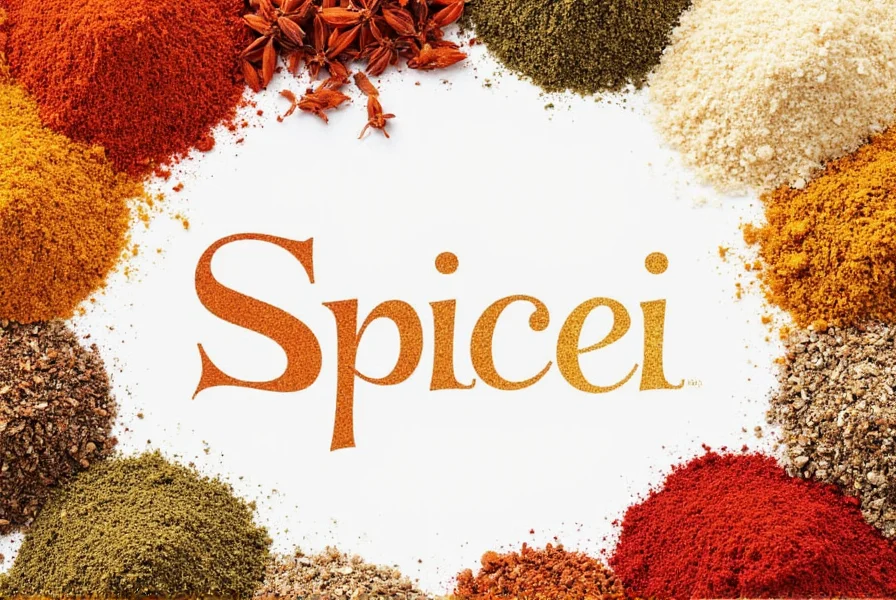
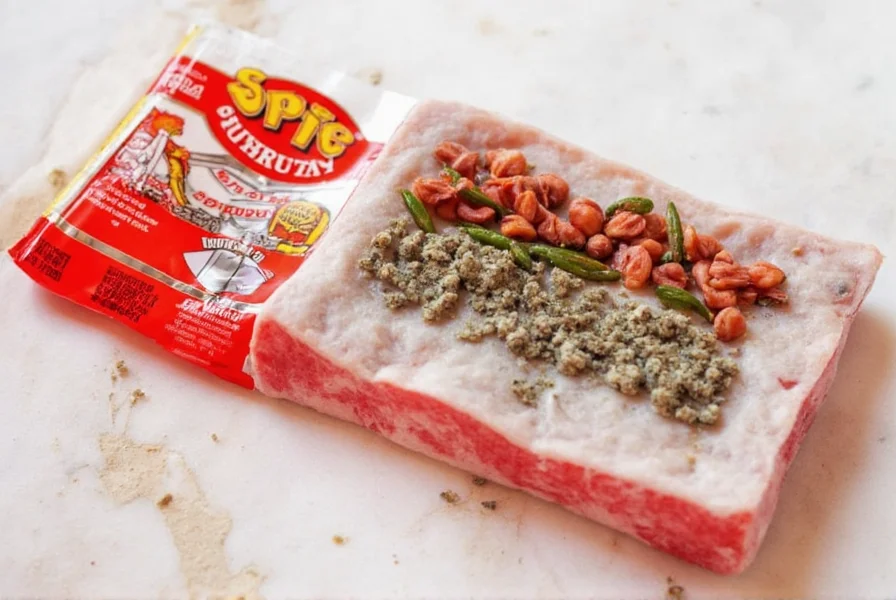
Cooking Methods for Perfect Ribs
Modern rib preparation builds on centuries of culinary evolution:
- Pre-1900s: Indigenous barbacoa techniques using pit-smoking (slow cooking over indirect heat)
- 1920s-1950s: Rise of backyard grilling with direct-heat methods for baby backs
- 1970s-1990s: Commercialization of slow-smoking with offset smokers
- 2000s-Present: Precision temperature control via pellet smokers and sous-vide pre-cooking
This progression reflects the industry's shift toward controlled low-and-slow methods that optimize collagen breakdown. Each type of rib benefits from specific techniques to maximize tenderness and flavor:
- Low-and-slow smoking: Ideal for pork spare ribs and beef short ribs; cook at 225°F (107°C) for 4-6 hours
- Grilling with indirect heat: Best for baby back ribs; sear first then move to cooler side of grill
- Braising: Perfect for tough cuts like beef short ribs; cook covered in liquid at low temperature
- Roasting: Great for lamb ribs; roast at 375°F (190°C) until internal temperature reaches 145°F (63°C)
- Pressure cooking: Speeds up cooking for tough cuts; reduce cooking time by 75% compared to traditional methods
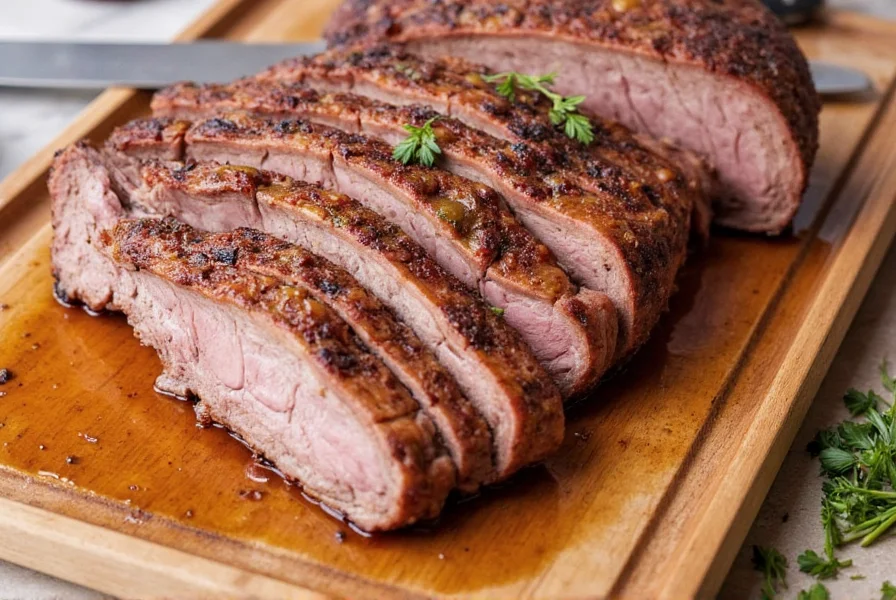
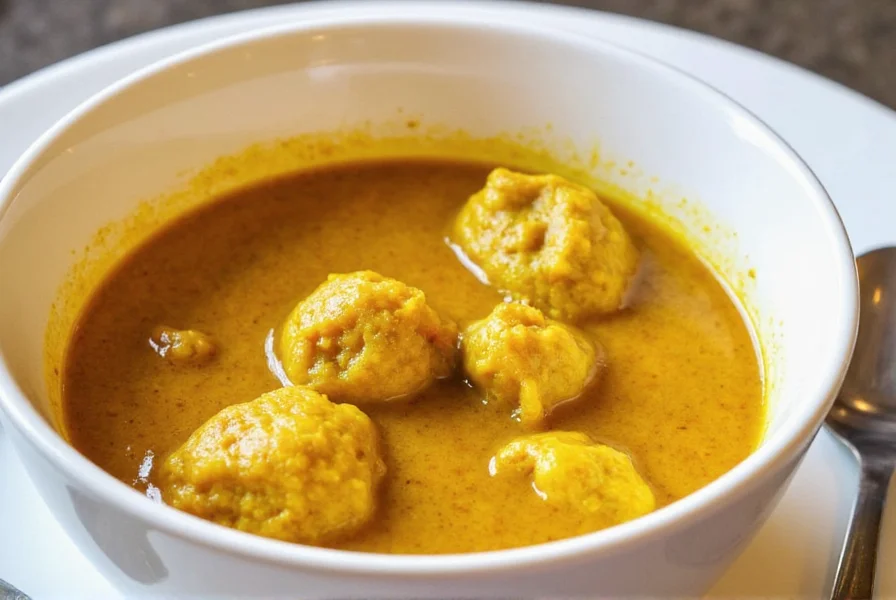
Plant Rib Structures
While less common in culinary contexts, "rib" also refers to plant structures:
- Celery ribs: The individual stalks of celery (technically called "ribs") that form the vegetable's structure
- Lettuce ribs: The central vein of lettuce leaves that provides structural support
- Vegetable preparation: For celery, remove the ribs before cooking for tender texture; for lettuce, the ribs are typically discarded or used in stocks
Frequently Asked Questions
- What's the difference between baby back ribs and spare ribs?
- Baby back ribs come from the top of the rib cage near the spine and are smaller, leaner, and more tender. Spare ribs come from the belly area and are larger, meatier, with more fat and connective tissue, requiring longer cooking times.
- How do I know when ribs are done cooking?
- For pork ribs, the meat should pull back from the bones by about 1/4 inch and feel tender when pressed. Beef ribs should reach an internal temperature of 200-205°F (93-96°C) for fall-apart tenderness. Use a meat thermometer for accuracy.
- Can I cook ribs in an air fryer?
- Yes! Preheat air fryer to 375°F (190°C), cook for 15-20 minutes, flipping halfway. Best for smaller cuts like baby back ribs. For larger cuts, use lower temperature (325°F/163°C) for 25-30 minutes.
- Why do ribs need to rest after cooking?
- Resting allows juices to redistribute throughout the meat. Cover loosely with foil and let rest for 10-15 minutes before serving to ensure maximum juiciness.
Conclusion
Understanding what "rib" truly means in cooking—whether as meat cuts or plant structures—prevents confusion and helps you make better culinary choices. Proper storage, cooking techniques, and knowledge of rib types will transform your dishes from ordinary to extraordinary. Whether you're grilling pork ribs, braising beef short ribs, or preparing celery for a salad, this knowledge ensures you get the best results every time.
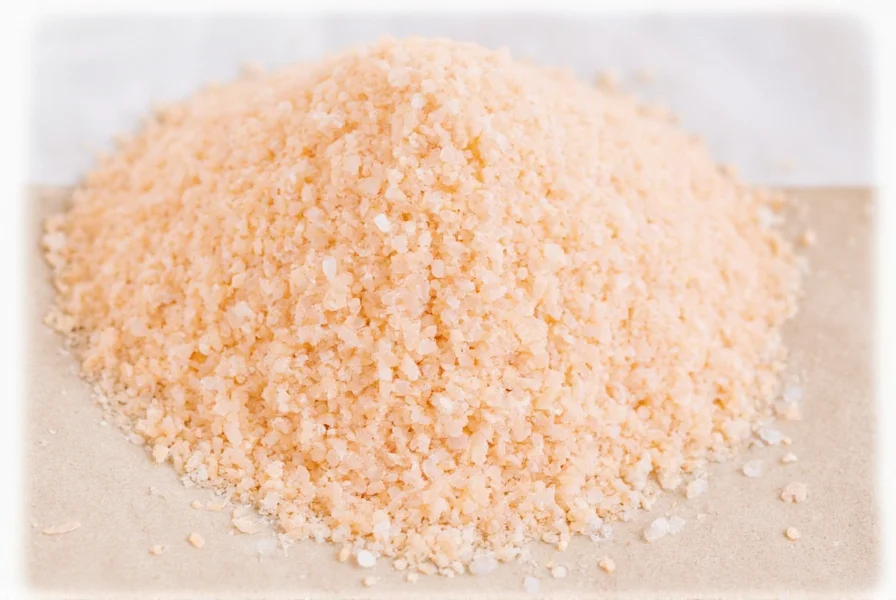

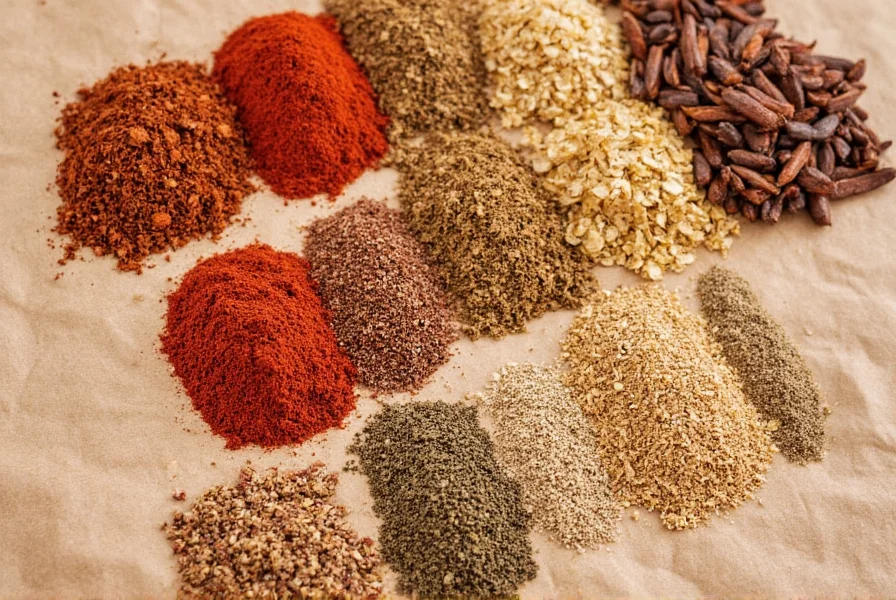









 浙公网安备
33010002000092号
浙公网安备
33010002000092号 浙B2-20120091-4
浙B2-20120091-4